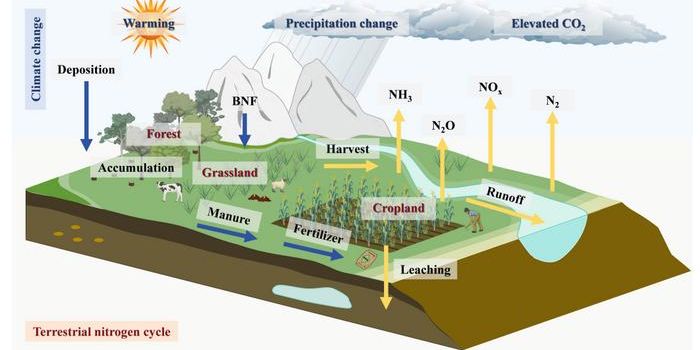Your metabolism does slow down as you age, but not until you're over 60
Every day, everything you do requires energy. We know this includes day-to-day tasks, but it also includes maintenance we may not realize we are performing, like growth and development or reproduction. We tend to get most of our energy from food, and therefore to understand our total daily energy expenditure, we also need to understand our daily nutritional requirements and how much energy each task takes. This may change the way we look at dietary and weight loss supplements such as Synogut or a biofit probiotic.
Scientists know that we spend about 50-70% of our daily calories to perform essential vital functions: digestion, breathing, and circulating blood. But, how much energy do we need to expend to do other tasks, like those tasks that seem essential to us though aren’t actually necessary to staying alive: making dinner, washing dishes, and walking the dog?
Herman Pontzer, an anthropologist from Duke University has been studying human metabolism for over 20 years. Although we know total daily energy expenditure is essential to the body’s normal functions, we know surprisingly little about how the energy expenditure changes over the one’s lifetime.
In a new study, Pontzer and a large team of international researchers studied the average number of calories burned by over 6,600 people. Their sample included men and women, ages one week to 95 years, from a representative 29 countries. Data was collected using the doubly labeled water method, where participants drink water that contains heavier forms of hydrogen and oxygen which is then measured via a urine test until it is flushed out.
They study concluded that infants have the highest metabolic rate. Energy needs tend to increase during the first year of life, and a one-year-old could burn calories at a rate of 50% faster than adult. After the first year, an individual’s metabolism slows by about 3% a year until they reach age 20, when it more or less evens out. This remains true even for teenagers who are thought to have a notoriously fast metabolism. But, results from this study do not suggest an uptick in caloric needs even during puberty.
Another surprise in the results was that the data suggested that middle decades (20s, 30s, 40s, and 50s) were the most stable, even during pregnancy. Results suggest that there is no real decline in metabolism until after age 60, but even this slowdown is only about 0.7% per year. This means, a person who is in their 90s only needs about 25% fewer calories than someone in their middle decades, and that this is simply due to age—not activity level.
These results are useful for helping to explain caloric intake throughout the lifetime, especially when determining how many calories a given person needs depending on their age. The results also prove that tissue metabolism changes over the course of a lifetime. However, it also leaves many questions, such as why babies have a super-fast metabolism for their body size. Regardless, figuring out the process for metabolic changes across one’s lifetime can also help to reveal variation in health and disease, and other factors related to metabolic variation.
Sources: Genetic, Engineering, and Biotechnology News, Science, News: Medical Life Sciences, Science Direct









